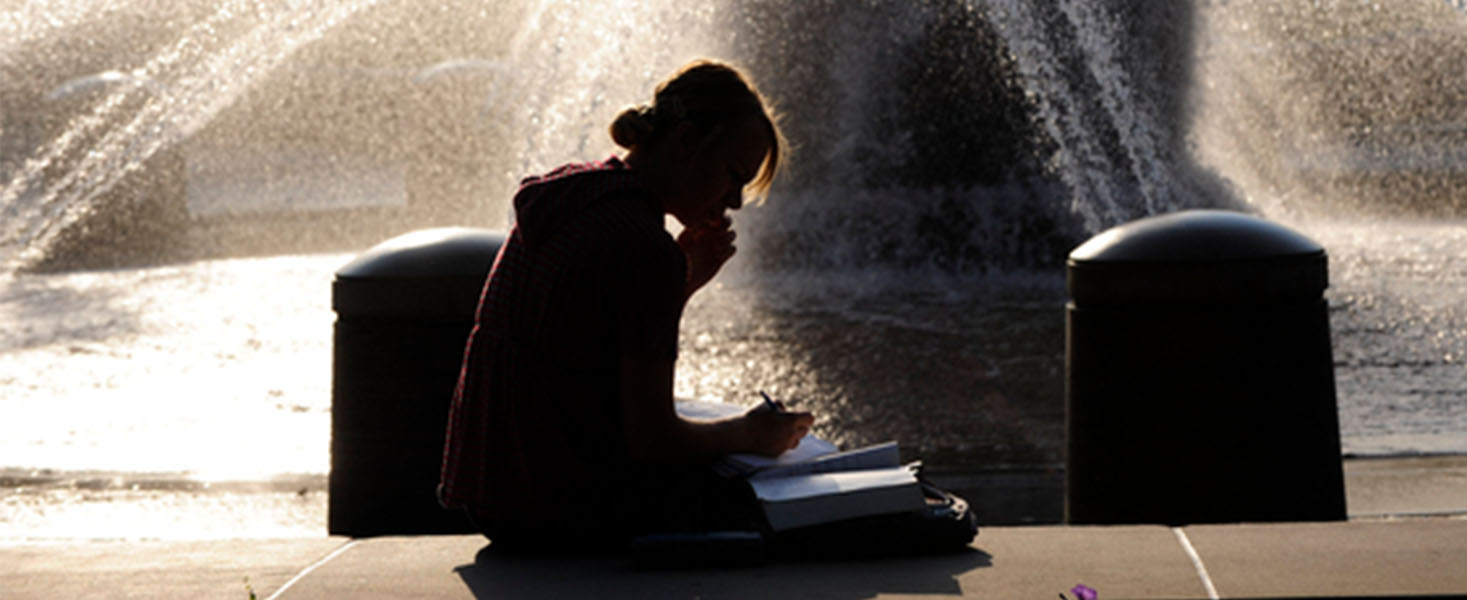
Alcohol Talk
Talking about alcohol with your son or daughter is never an easy thing to do, but it is so important and necessary. Alcohol abuse by young adults can lead to significant consequences for our students, such as unintentional injuries, increased risk of sexual assault, and academic or legal problems. Violations can impact a student’s educational record, which may jeopardize future employment opportunities.
While campus wide educational programs address alcohol behavior throughout your student’s career, none will be more effective than the conversation you have with your student. Studies show that students whose parents provided messages supporting alcohol avoidance and adapting healthy alternatives had lower alcohol use rates and alcohol consequences. Here are some discussions you may want to have with your student, adapted from College Parents of America and MADD:
- Set clear, realistic expectations for academic performance. Let your student know that partying can get in the way of their academic success, and you want them to succeed.
- Talk with your student about the consequences of high-risk behaviors. College students experience significant consequences from high-risk drinking, including death, unintentional injuries, assault, hospitalization, and arrests. Doing shots, binging on alcohol, and underage consumption can lead to reckless, dangerous behavior and you don’t want your student to be part of that.
- Tell your student to step in when someone shows signs of alcohol poisoning. Getting someone help is always the right thing to do. However, there are added benefits to getting someone help. Purdue’s Medical Amnesty Policy protects students from academic consequences when they call for help when someone has alcohol poisoning, and the Indiana Lifeline Law protects them from legal consequences. Make sure your student’s friends know you expect them to call if your student is ever in trouble.
- Talk with your student about the alcohol environment. The American College Health Association National College Health Assessment collects data from college students across the country. Approximately 1/3 of college students across the country reported consuming five or more drinks in a sitting in the two weeks prior to the survey (binge drinking), but most students think that number is much higher. Clearing up misperceptions will benefit your student.
- Encourage your student to get involved around campus and participate in non-alcohol events. There are over 1,000 student organizations on campus. Volunteering, club sports, academic program interest groups, and countless others will help your student feel connected and belong.
- Encourage your student to become aware of the resources available on campus. Counseling and Psychological Services, the Purdue Counseling and Guidance Center, The Office of the Dean of Students, and the Wellness Office can provide assistance and referrals for students who need extra assistance.
 .
.